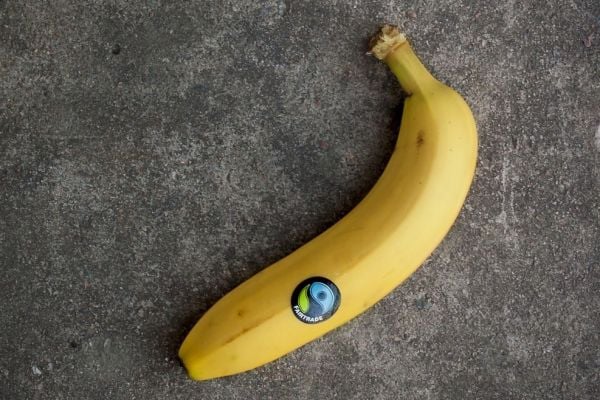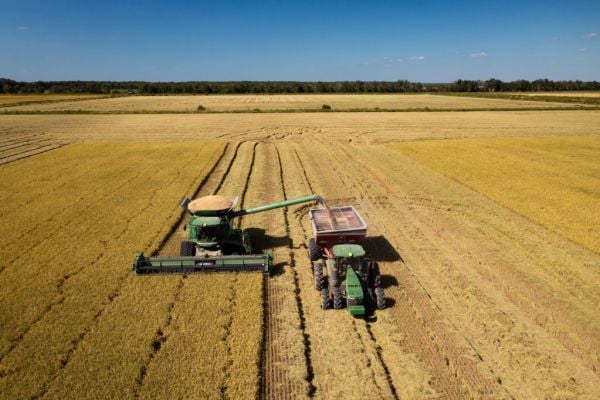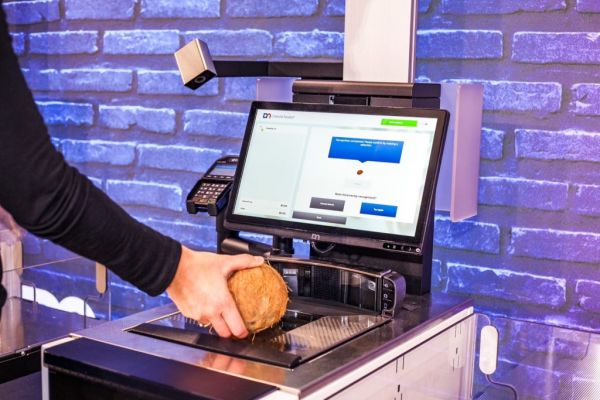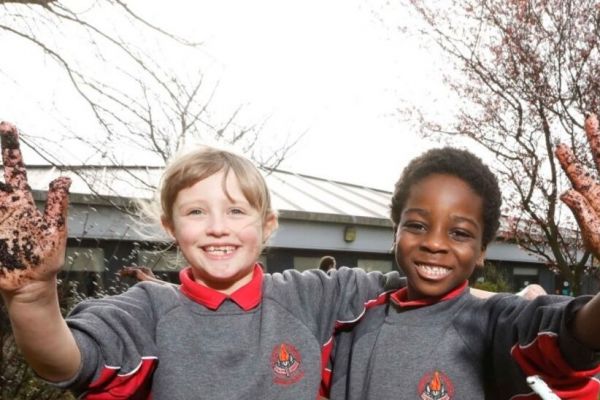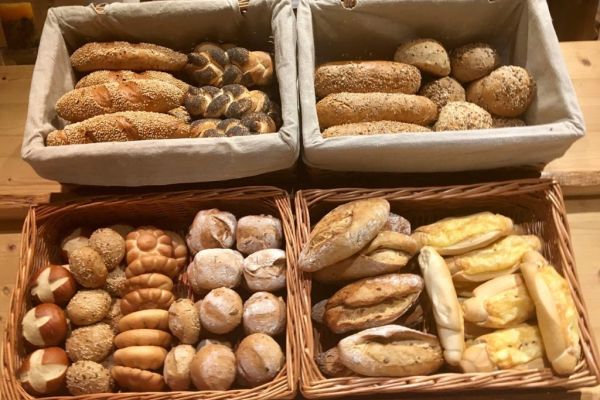Fairtrade International is to launch 'Non-Fungible Banana', or NFB, at the United Nations Climate Change Conference (COP27) in Sharm el Sheikh, Egypt, on 10 November.
Through this initiative, Fairtrade seeks to highlight the increasing threat climate change poses to the banana production chain and the livelihoods of the farmers and agricultural workers who grow them.
Fairtrade's NFB, dubbed The Last Banana, differs from a Non-Fungible Token in that it is not commercially accessible and does not rely on energy-intensive processes for production.
Melissa Duncan, executive director at Fairtrade International, said, "The Last Banana is Fairtrade's call to the world that if we don't step up and achieve inclusive and equitable climate solutions with farmers and agricultural workers at the centre of climate action, we risk losing our favourite food products forever."
At COP27 Climate Conference, The Last Banana will be placed at the FAO Pavilion as a 'definitive warning' to visiting delegates that the future of the global food system hangs in the balance.
It will also be accessible to audiences in over 21 Fairtrade markets at the NFB's virtual gallery space online.
Climate Change And Banana Production
With an estimated global export value of $7 billion dollars per year, banana trade is the cornerstone of many countries' economies.
The crop is at risk from climate change and the threats posed by plant diseases like Fusarium TR4, according to the Fairtrade and Climate Change study released in late 2021.
The study also found that dramatic weather patterns spurred by climate change will impact agricultural production in key regions around the world, from Latin America to the Asia-Pacific.
Banana producers in the Caribbean and in Central America, for instance, are expected to face less rainfall and more extreme temperatures, while those in Southeast Asia and Oceania will see an increased risk of tropical cyclones, the study noted.
"Farmers and workers are not only on the frontline of the climate crisis, they also have critical know-how that can mitigate and address climate risks for the benefit of humanity," Duncan continued.
"If governments fail to include them in the COP27 outcome and empower them to be the custodians of our planet's food supply, the only future for one of the world's most popular fruits may very well be a digital NFB."
© 2022 European Supermarket Magazine – your source for the latest fresh produce news. Article by Dayeeta Das. Click subscribe to sign up to ESM: European Supermarket Magazine.
